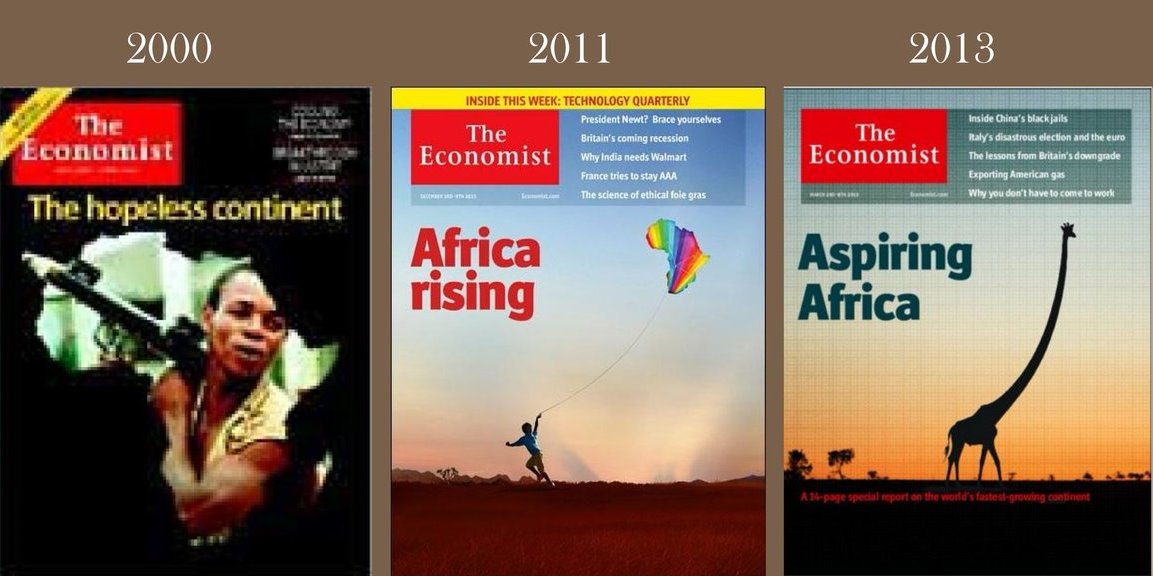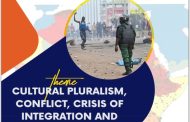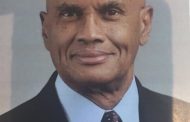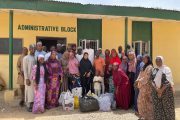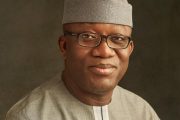An African social critic, Ahmed Olayinka Sule, is on the neck of the London based weekly, The Economist for its insinuations of deficit reporting of Covid-19 figures on the continent. This is not the first time Sule is on the move but this time, his article has gone viral. It is reproduced below unedited.
African critics have turned metropolitan platforms into battle site expressing their sensitivity to “the preponderance of negativity” that characterise such reporting. Many would regard their sensibility as understandable given the role of the geopolitics of narratives in the African experience of colonialism. Colonialism in particular was constructed as a civilising mission. The protestation of the (mis)representation is based on the belief that when you say that colonialism is a civilising mission, you are making a simple, innocent statement but complicit in the reality being talked about.
The Economist has not helped matters in recent years. Although it sort of retraced its footsteps in 2011 when it came up with ‘Africa rising’, it had preceded that by calling Africa ‘the hopeless continent’.
Read on! – Editor
Ms Zanny Minton Beddoes
Editor-in-chief
The Economist
Dear Editor,
*Re: Africa and The Pandemic’s True Death Toll*

The critic
By Ahmed Olayinka Sule, CFA
I read with disgust the Economist Twitter thread published on 29 November 2021 titled, How should the world respond to Omicron? The thread begins by mentioning how South Africa’s scientist’s exemplary openness bought the world time. It then highlights that Covid-19 cases have been rising fastest over the past seven days in Sub-Saharan Africa. The sixth tweet of the thread states, – Officially, Africa’s death toll from covid-19 is 222k. But our model suggests the true death toll is between 880k to 2.6m._ According to your analysis, Africa’s death rate from COVID is 800% higher than the official death rate.
In claiming that Africa’s COVID death rate is significantly higher than the official numbers, the Economist joins a long list of western scientists, philanthropists, think tanks and media houses analysing and forecasting gloom and doom about a continent that your paper previously described as Hopeless Africa in 2000 and the Dark Continent in 2007.
Ever since the World Health Organization declared Covid-19 a pandemic in March 2020, western thinkers have engaged in a race to the bottom to predict when Africans will start dropping dead from the virus. For example, the New Scientist published an article in March 2020 titled, _We don’t know why so few covid-19 cases have been reported in Africa._ In April 2020, Melinda Gates warned that there would be dead bodies all over the streets of Africa if the world did not act in time. The World Economic Forum warned that Africa has a COVID-19 time bomb to defuse. In August 2000, the American Association for the Advancement of Science published an article titled, _The pandemic appears to have spared Africa so far. Scientists are struggling to explain why._ In September 2020, Reuters posted a report with the heading, _Puzzled scientists seek reasons behind Africa’s low fatality rates from pandemic._ Camille Locht, a research director of France’s national health institute, suggested in April 2020 that the COVID-19 vaccine should be tested, _In Africa where there are no masks, treatment or intensive care, a little bit like it’s done, by the way, for certain AIDS studies or with prostitutes?_
The west’s ghoulish attitude towards Africa smacks of epicaricacy and is another manifestation of the white power structure’s narrative that black lives don’t matter. After the west wrongly predicted Africans dropping like flies, it has moved to the current step of developing spurious analytics to suggest that Africa is underreporting its death toll. What is likely to be the west’s next step?
It is difficult for Africa to escape the west’s gaze. When Africans procreate, the west is bothered because it is not in line with its expectations. When Africans don’t die of COVID, it also bothers the west because it does not meet expectations. This western attitude makes many Africans believe that the Global North’s ultimate aim is to seek its destruction. It is time for the west to turn its gaze away from African bodies and focus on its own declining fertility and increasing COVID cases. As for the Economist, I strongly advise you to improve your economic models to accurately predict inflationary trends instead of wasting your time looking for imaginary missing African dead bodies.
In conclusion, your website states The Economist has been published since September 1843 to take part in _a severe contest between intelligence, which presses forward, and an unworthy, timid ignorance obstructing our progress._ It should stick to this principle instead of participating in a severe contest that reinforces western hegemony and dehumanises Africans.
suleaos@gmail.com/@Alatenumo
December 2021

